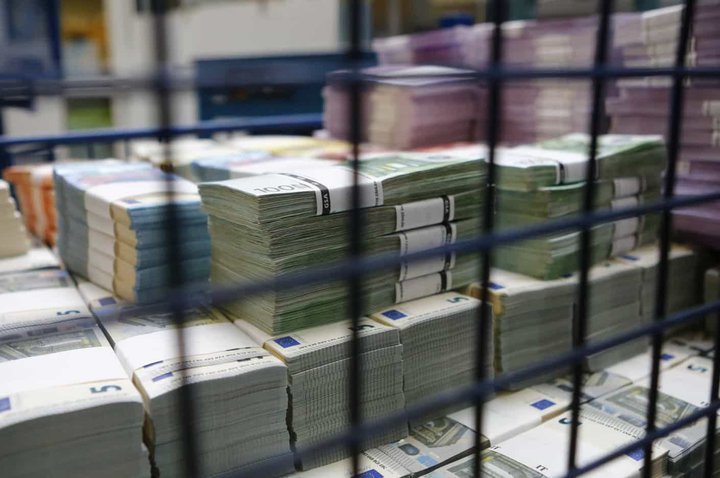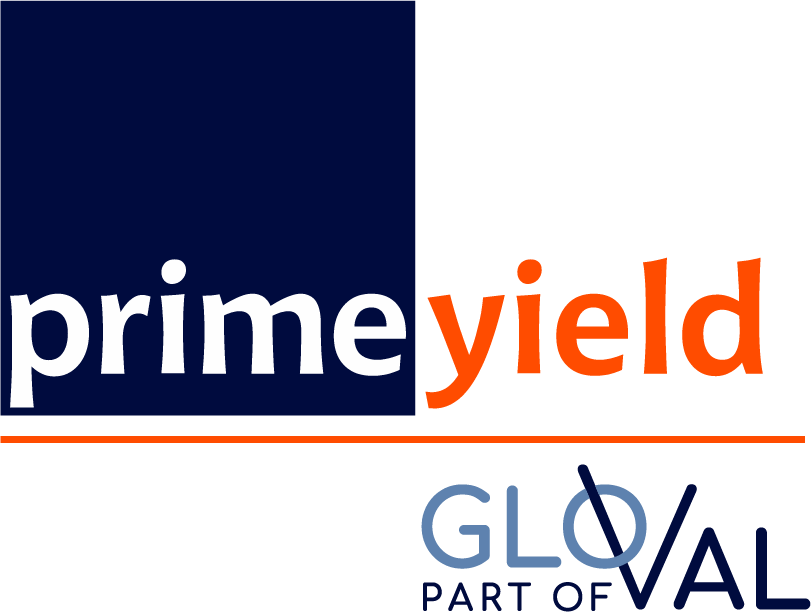This is one of the main conclusions of Prime Yield, in the latest edition of its annual report "Keep an Eye on the NPL & REO Markets - Portugal, Spain, Greece & Brazil". Despite the challenging macroeconomic context, Portugal should not go beyond 1,700 million euros of transacted volume in 2023.
This is an identical volume to that recorded in 2022, a year in which NPL portfolio sales activity in Portugal fell by 44%, not continuing the post-pandemic recovery trend of 2021 and putting pressure on this market at minimum levels of recent years.
Only in 2020 was NPL sales activity lower, standing then at €1 billion. Recall that it was a context of business paralysis due to the pandemic. The peak of 'bad debt' transactions in Portugal was recorded in 2019, when it amounted to around €8,000 million, and that after the 2020 drop to the aforementioned €1,000 million, the year 2021 marked a recovery to 2017 and 2018 levels, with around €3,000 million transacted, in a trend that 2022 did not confirm, the report recalls.
Portugal maintains the second highest NPL ratio in Southern Europe
In the third quarter of 2022, the national financial system recorded 7,200 million euros in non-performing loans, an amount that corresponds to 3.1% of the total volume of credit granted in the country (NPL ratio). Although both indicators continued to show a downward trend over the last year, Prime Yield said that Portugal still has the second highest NPL ratio in southern Europe, only surpassed by Greece, where the weight of non-performing loans in total credit was 4.9%. The Portuguese NPL ratio continues to almost double the European average, which positioned this indicator at 1.8% in the third quarter of 2022.
Between the 3rd quarter of 2021 and the 3rd quarter of 2022, the NPL stock in Portugal reduced by 14%, with €1.2 billion of defaults leaving the financial system, from €8.4 billion (3rd quarter 2021) to €7.2 billion (3rd quarter 2022).
Nelson Rêgo, CEO of Prime Yield, explains that "the reduction in the stock of non-performing loans in recent years reflects not only the good pace of sales, especially in the period preceding Covid, but also the posture of greater caution on the banking side in granting credit, through more restrictive conditions. In addition, fears regarding a new wave of bad debt arising from the pandemic were not confirmed, which further contributed to the continuation of this deleveraging trajectory".
"There is still a long way to go in efforts to reduce non-performing loans"
For him, "there is still a long way to go in the effort to reduce non-performing loans, as not only do Portugal maintain a NPL ratio well above the European average, but we are also outstanding in Southern Europe, where only Greece has a higher proportion of non-performing loans than us. Moreover, we are in a moment of great economic challenges and the chances of the NPL ratio increasing are quite strong. In the short term, this could happen through a slowdown in the granting of new credit, as the latest data on mortgage loans has already indicated. If the volume of credit granted does not increase, naturally the weight of non-performing loans will tend to be more significant".
He also adds that "in the longer term, we may also witness the effective growth of the stock of non-performing loans. Interest rates show no signs of slowing their rise, growing more rapidly and over a longer period than initially foreseen, in a context of inflation at 30-year highs and slowing GDP. The inability of families and companies to meet their credit obligations will increase greatly and this should already be visible in the final stretch of this year."
Taking into account the NPL sale processes underway in the 1st quarter of 2023, a potential transaction volume of close to €1.5 billion is observed, Prime Yield's report points out. However, it should progressively increase in the coming months, as new mandates are launched on the market, and it is expected that the year will close with a level of activity identical to 2022, at around €1,700 million.
Caixa Geral de Depósitos stands out as the most active entity, leading two ongoing sale processes: the Saturno project, valued at €600 million, and another portfolio worth €500 million, including assets with and without collateral.
"The expectation for 2023 is that we will see a stabilisation of activity throughout Europe"
Nelson Rêgo notes that "2022 proved to be a year of strong deceleration of activity in all European countries monitored by Prime Yield, as a result not only of the greater maturity of the markets themselves, but also the climate of economic uncertainty. And the expectation for 2023 is that we will see a stabilisation of activity across Europe, which should close with a global sales volume very similar to the previous year. This is a trend we have also observed in Spain and Greece, which are other European countries where Prime Yield is present and which stand out for having, respectively, the second largest NPL stock (21% of the European total, at €79,000 million) and the highest NPL ratio in Europe (4.9%)".
Nelson Rêgo also highlights the effect of the climate of economic uncertainty we are experiencing on NPL transactions: "this European scenario of restrained dynamics, to which Portugal is no exception, reflects the negative impact of the rise in interest rates on the NPL sales market, since the increase in reference rates has not only intensified the mismatch of price expectations between buyers and sellers, but also makes the financing that supports many of the transactions carried out in this market more expensive and, therefore, reduces the attractiveness of this type of assets compared to other investment classes".
As far as Spain is concerned, Prime Yield anticipates the sale of NPL portfolios worth €10,000 million in 2023, a drop of 9% compared to the 2022 results.

